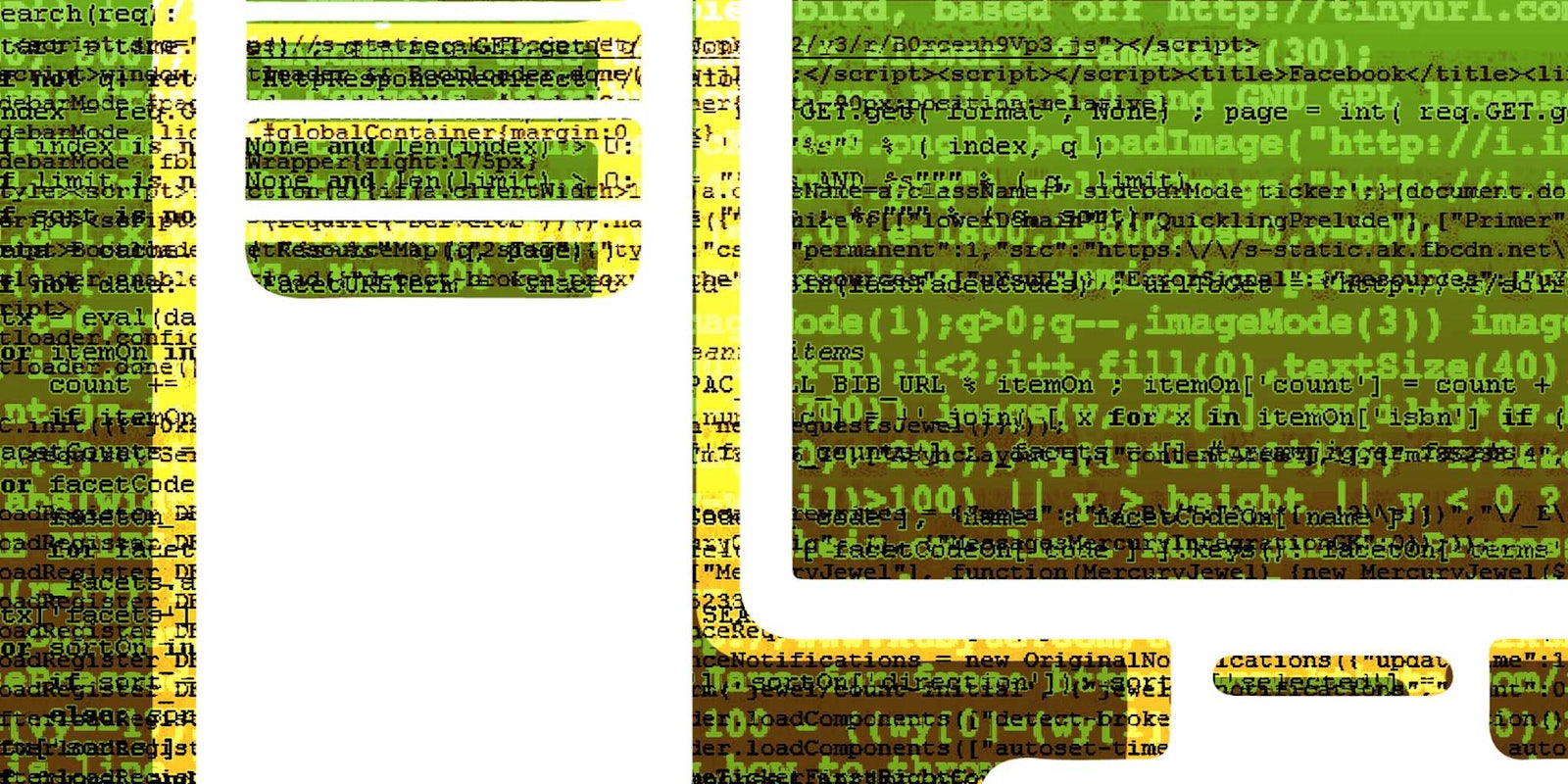Cybersecurity and surveillance have become two of the hottest topics around the world.
Politicians debate the future of the Internet in Washington, D.C., and Brussels while developers build it from Silicon Valley to New York to Berlin. From Beijing to Fort Meade, vast surveillance apparatuses are being built and expanded. And at the center of it all: You.
Given the scale of it all, learning about the security of the Internet can be intimidating. But getting a grasp on these key topics is probably easier than you think thanks to a handful of education tools featuring some of the sharpest minds and most influential voices on Internet issues today.
FutureLearn and EdX, two successful open online education companies partnered with universities around the world, recently put out two excellent cybersecurity courses that can help deepen your understanding of some of the most important topics of our lifetime.
If learning for learning’s sake isn’t your thing, don’t click away just yet. The courses we’ve chosen can educate those who want help with school, their career, or to better understand the world around them. They’re free by default but can come with certificates proving completion that can aid a resume and help land a job.
FutureLearn: Introduction to Cybersecurity
This is step one in understanding the nuts and bolts behind Internet security—but it’s a step that awful lot of us have never taken.
Famed activist Cory Doctorow is the host of this 7-week course that goes through the very fundamentals of security.
In an early lesson, Doctorow goes over passwords. Dead simple, right?
Most of us understand the basic ideas behind a password—or, at least, we all think we do—but this course provides a security expert’s perspective that helps you rethink and better understand concepts that all of us have taken for granted. Starting with a story about a hacker intercepting the password “apple,” you’ll begin to understand cryptography and why it’s so crucial to the Web today.
Lessons get much deeper than that, but the simple, strong launching point of the course is a great teaching strategy that pays dividends by the end.
Most interesting and entertaining of all, they explain each fundamental concept with a case study from the real world that beats the hell out of whatever you’ll see on CSI: Cyber tonight.
FutureLearn’s spartan website experience makes it extremely easy to flow through the lessons with little distraction so that, unlike so many online courses, students can actually finish and come out the other side with a worthwhile education on the topic.
EdX: Cyberwar, Surveillance, and Security
Beyond the basics of the FutureLearn course, EdX’s new cybersecurity class greatly expands the scope of learning by bringing in an army of world-class experts to discuss history, current events, and the future of the Internet.
Hosted by University of Adelaide professor Melissa de Zwart, EdX’s course pierces through the veil of hard-to-understand topics like global surveillance, hacktivism, and cyberwar.
The cast of teachers brought to the fore is both impressive and practically useful for the student: Cryptography expert Bruce Schneier, Harvard professor Jonathan Zittrain, and McGill professor Gabriella Coleman round out an early lesson. Ben Wizner, Edward Snowden‘s lawyer at the American Civil Liberties Union, appears as well. The list goes on and gets deeper.
These three in particular have found themselves dead in the middle of key issues, like Snowden’s leaks on NSA surveillance and the hacktivist collective Anonymous. Better than that, they’re smart, articulate, and good teachers, making them an excellent group to learn from.
Of course, every teacher comes with a perspective that has to be weighed with what they say. Schneier, for instance, is famous for his work with journalist Glenn Greenwald on Snowden’s leaks and has spoken out over and over again against NSA surveillance. Wizner is obviously not in a position to be completely objective either. It’s crucial to understand this when any of these teachers speak.
Thankfully, the course teachers make a real effort to provide key context and inform students that their goal isn’t to instill their own particular opinions. Although the professors certainly have strong stances on these issues, they don’t hide them in a guise of objectivity.
Instead, the course aims to provide students with understanding of fundamental cybersecurity concepts straight from experts in the heart of the storm in order to allow students to come up with informed thoughts and opinions on their own.
Illustration by Max Fleishman


